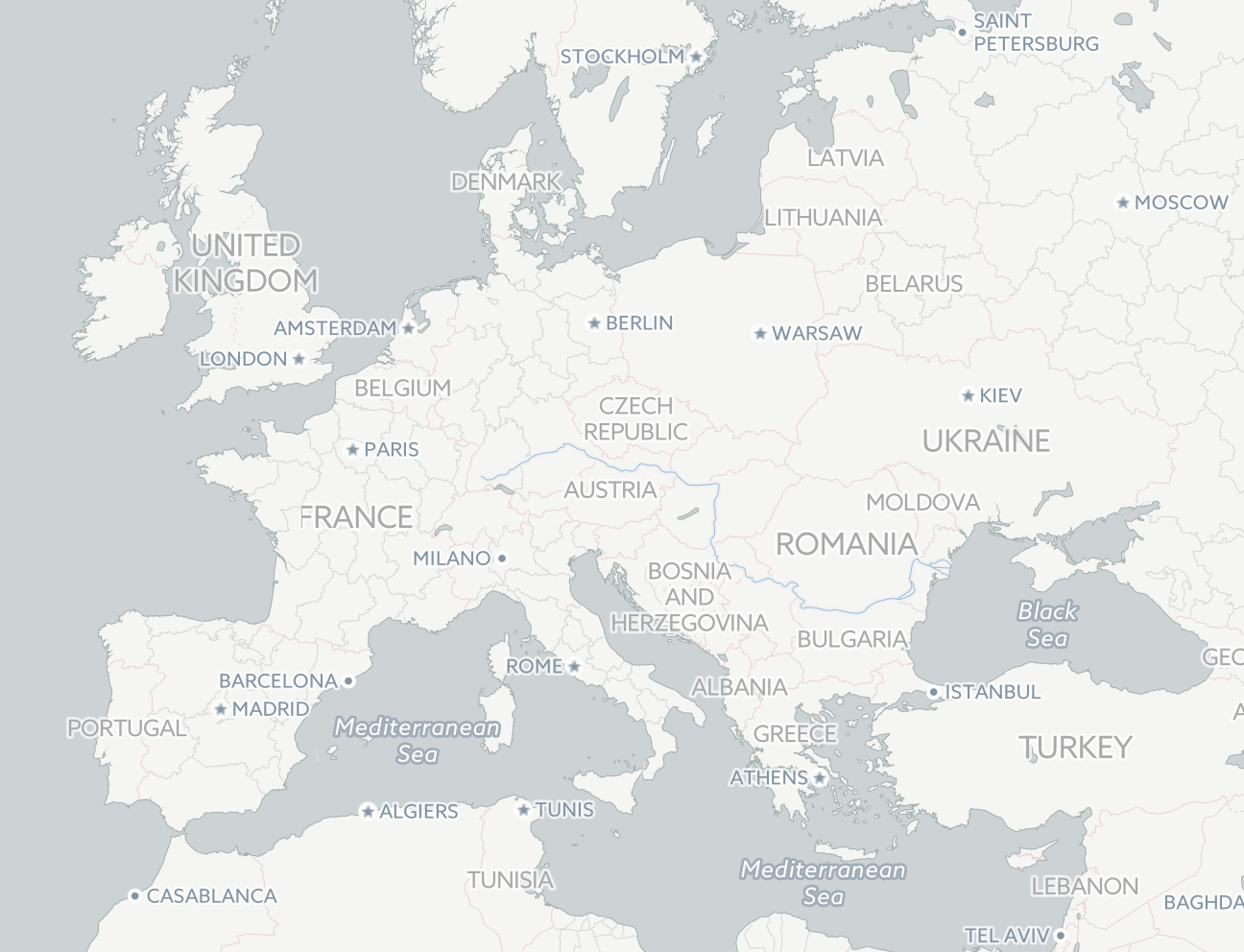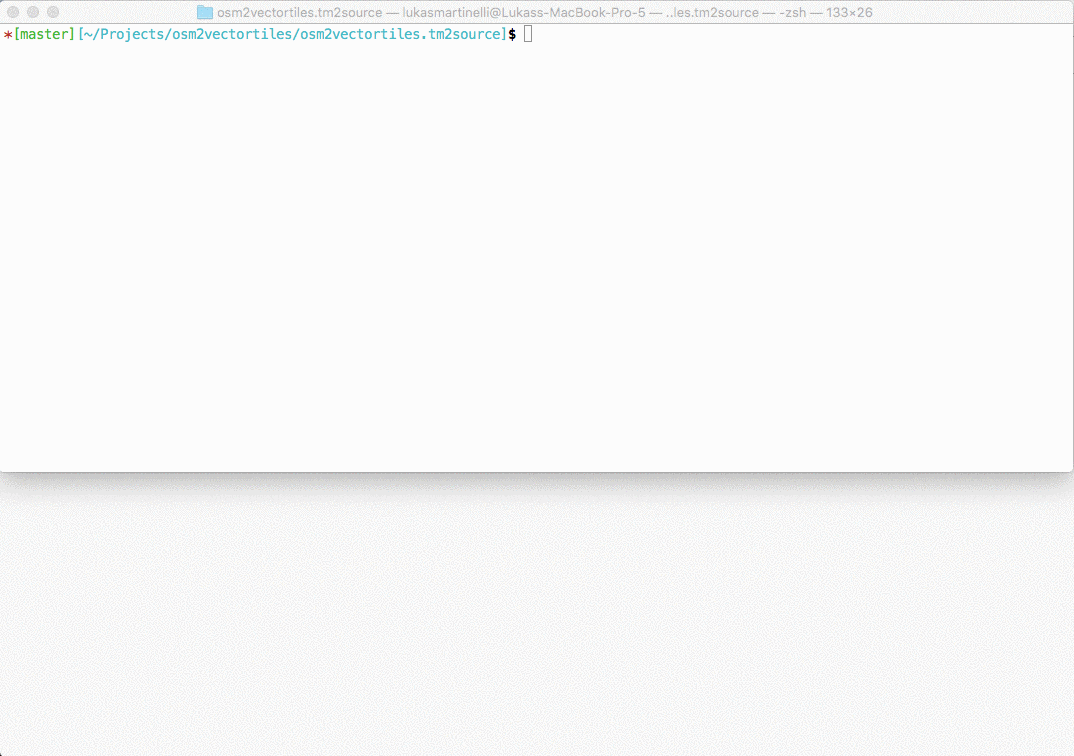|
|
||
|---|---|---|
| schema | ||
| .env | ||
| README.md | ||
| basemap_vision.png | ||
| data.yml | ||
| docker-compose.yml | ||
| mapbox_studio_classic.gif | ||
README.md
Vector Data Source
This is a work in progress towards OSM2VectorTiles v3.0
This is the data source for the vector tile schema of OSM2VectorTiles. It contains the tm2source project and the required database schema (views, functions).
The vector data sources stands as separate repository to foster collaboration with Wikipedia and make it easier to fork the style without forking OSM2VectorTiles as well.
Vision
The vector tile schema will contain the necessary features for creating a basemap. We will orient ourselves on the cartography used in the Carto Basemaps. Additional layers can be always be mixed in later on but we think OSM2VectorTiles should become less bloated in v3.0.
Requirements
This vector tile schema depends on a database containing several different data sources which need to be imported first. You can use your own ETL process or use the Docker containers from OSM2VectorTiles.
Your PostGIS database needs the following data imported. If you use our Docker based workflow this is very straightforward to setup but if you don't want to use Docker you can set up your own ETL pipeline to import the required data sources.
- OpenStreetMap data based on the ClearTables osm2pgsql style
- OpenStreetMapData split and simplified water polygons
- Natural Earth
- PostGIS Vector Tile Utils for
LabelGridandzfunction
Database Schema
The vector data source is using views, generalized tables and functions to share code between layers.
The SQL code can be found in ./schema. The different features from OSM however are determined in the ClearTables project.
Each zoom level in a layer has it's own view where the data is filtered for the zoom level.
This keeps the filtering logic per zoom level out of the TM2Source data.yml.
To work on the database and vector tile schema read the Develop section.
Develop
To work on osm2vectortiles.tm2source we recommend using Docker.
- Install Docker
- Install Docker Compose
Prepare the Database
Now start up the database container.
docker-compose up -d postgres`
Import water from OpenStreetMapData.
docker-compose run import-water
Import Natural Earth data.
docker-compose run import-natural-earth
Import OpenStreetMap data based on the ClearTables osm2pgsql style. In order to do this you first need to clone the latest ClearTables.
- Should we use a submodule for ClearTables? On the other hand it is quite convenient to able to work directly on ClearTables while working on the style.
git clone https://github.com/ClearTables/ClearTables.git
docker-compose run import-osm
Work on Vector Tile Schema
Build and run the db-schema container each time you modify SQL code inside ./schema.
docker-compose build db-schema
docker-compose run db-schema
To work on the data.yml you can start up Mapbox Studio Classic in a container
and visit localhost:3000 and open the vector source project under projects/osm2vectortiles.tm2source.
docker-compose up mapbox-studio
License
All code in this repository is under the MIT license and the cartography decisions encoded in the schema and SQL is licensed under CC0.

